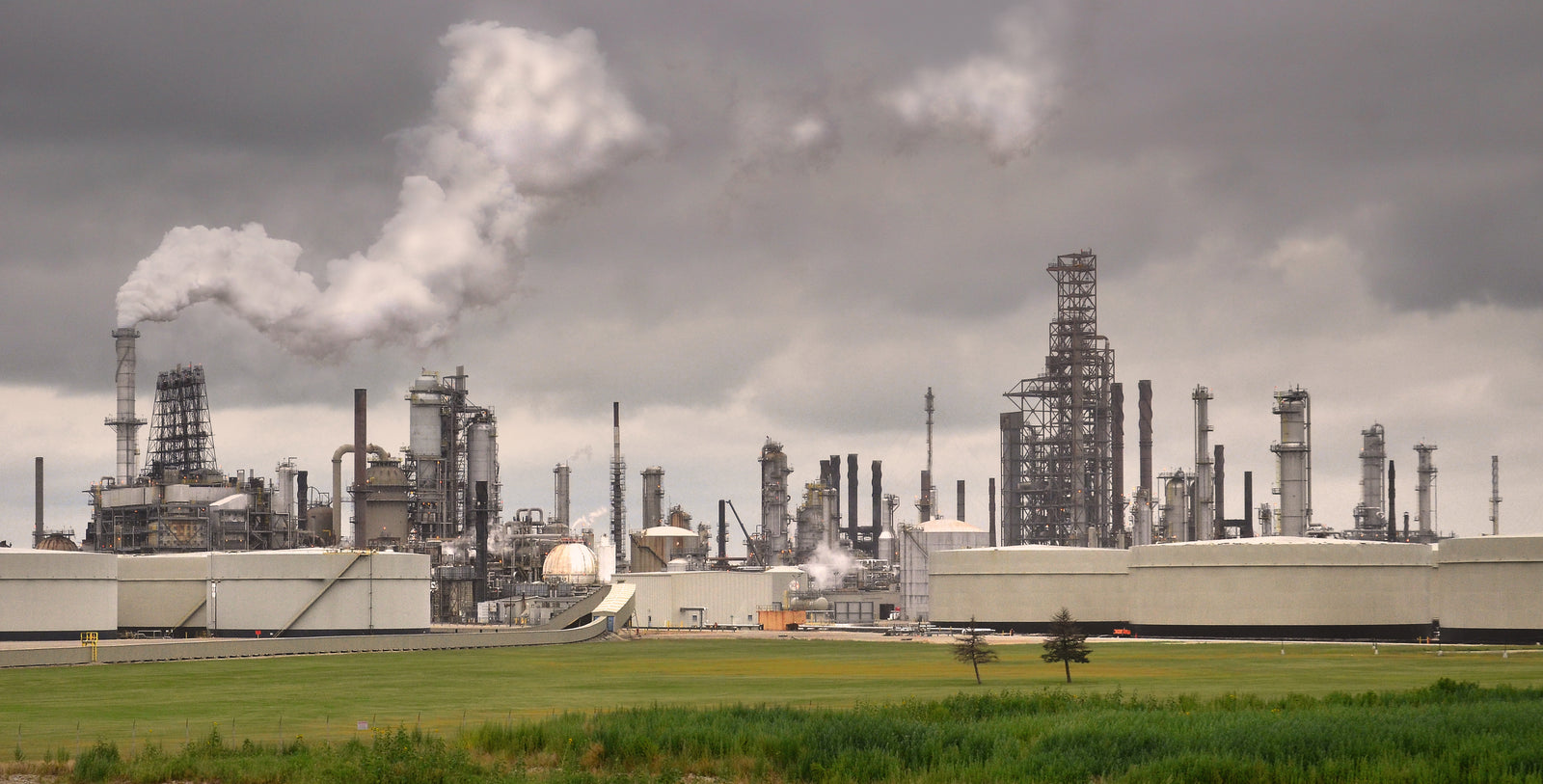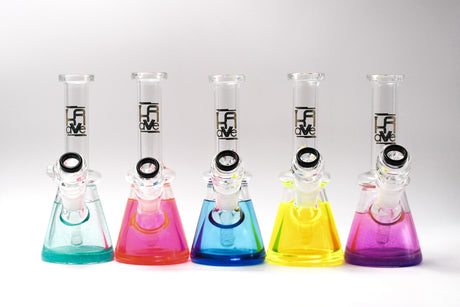In recent years, the environmental impact of human activities has become an increasingly pressing issue. Climate change, habitat loss, and pollution are just a few of the challenges that we face, and it is up to all of us to find ways to create a more sustainable future. The cannabis industry, which is rapidly growing globally, is one area where changes can have a significant impact on the environment. Here, we will explore the ways in which cannabis can be grown and processed in a more sustainable manner, and the potential it holds for creating a greener future.
Reduced Energy Usage
One of the most significant contributors to the environmental impact of cannabis cultivation is the energy required to grow the plants. Traditional indoor growing operations can consume vast amounts of electricity for lighting, heating, and cooling. By switching to more energy-efficient methods, such as LED lighting and climate-controlled greenhouses, growers can reduce their carbon footprint and save on energy costs.
Waste Reduction
Another area where the cannabis industry can improve its sustainability is in the reduction of waste. From packaging to grow mediums and fertilizers, there are many opportunities for the industry to minimize its waste and reduce its impact on the environment. For example, using biodegradable packaging and composting grow mediums can reduce the amount of waste that ends up in landfills.
Water Conservation
Cannabis plants are thirsty crops, and water conservation is essential to reducing the industry's impact on the environment. By implementing water-saving techniques, such as drip irrigation and water-recapture systems, growers can conserve water and reduce the strain on local water resources.
Organic Farming Practices
The use of pesticides and fertilizers can have a negative impact on the environment, so the adoption of organic farming practices is a significant step towards sustainability. By using natural methods to control pests and diseases, growers can reduce their carbon footprint, create a safer environment for their workers, and provide consumers with healthier and more environmentally-friendly products.
In conclusion, the cannabis industry has the potential to make a significant impact on the environment by reducing its energy usage, waste, water usage, and chemical usage. By adopting sustainable practices, the industry can create a greener future for our planet and pave the way for other industries to follow suit. The future of cannabis is bright, and with a focus on sustainability, it can become an even more positive force for change in the world.


